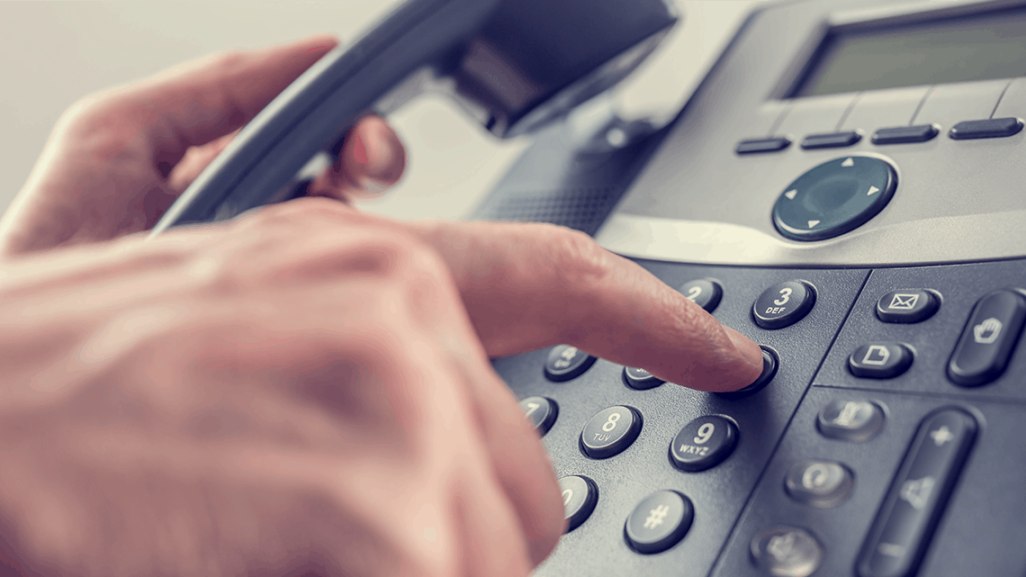How does this scam work?
99% of the time the scammers will call your landline. Calling them rather than cellphones is much cheaper. Also, the typical victims of the scams are usually older folks - they are more trusting and not as tech-savvy. The scammers usually pretend to be calling from Microsoft, Vodafone, Spark, Chorus, or some other common and familiar names.
The vast majority of people have a computer with Windows (made by Microsoft) or have an Internet connection from Spark or Vodafone, so the affiliation with these companies makes the scammers appear trustworthy. Haven't you had issues with your slow computer or Internet? Well, here is a helpful caller on the phone willing to help you!
Scammers will usually tell there is something wrong with your computer, for example
- A virus harming other computers
- Missing firewall software
- Suspected hacking attempts
- Problems with Internet connection
Sometimes, the scammers will inject their "spiel" into a popup on Facebook or news website. You will be instructed to call a phone number they provide to "avoid further damage to your computer and Internet"
Once they have you on a hook, they will ask you to download their software that gives them remote access to your computer. It's the same software used by legit companies (usually TeamViewer, LogMeIn, or GoToMyPC) but the person on the other end of the line has bad intentions!
What can they do with remote access?
If you give the scammers remote access to your device they may:
Show you a fake virus scan and claim your computer is severely infected - but they can fix it by selling you antivirus software or a support contract
Try to charge you for installing free security software - several of our customers paid a few hundred dollars for Microsoft Malicious Software Removal Tool - it's actually free and runs automatically every time your computer installs updates
Install a keylogger that will record your login and password detail, credit card numbers, or any other information
Log in to your bank and transfer money overseas. Your bank may or may not alert you about it, depending on how high the transaction limit is set to
What to do if you receive those calls?
Be vary about strangers unexpectedly trying to contact you about tech issues
Politely say “no thanks” and hang up the phone – you may need to do this a few times
Don't try to "trick" them or waste their time - or else they can put you on a "harass" list permanently
If you are not sure whether the call is legit, ask for their phone number, check if it's an official phone number for that organization (Google helps!) and call back
What to do if you've already given them remote access?
First of all, turn off your computer and disconnect from the Internet immediately. Better be safe than sorry! Next, change your most important passwords (email, banks, social media) from ANOTHER computer. This is done to ensure scammers can't log in to your accounts. You'd be surprised how easy it is to gather passwords from infected computers - it takes less than a minute!
Next, run a full security scan to make sure your computer is clean. In addition to whatever antivirus you are using, you will probably need a couple more programs - as no antivirus will ever catch 100% of threats. We recommend Emsisoft Emergency Toolkit and Malwarebytes. Both have a free version that helps clean up infected computers and we use these ourselves daily!
If you use online banking, call your bank and tell them what happened. Keep an eye on your accounts and check statements for rogue purchases over the coming months.
If you are concerned that your computer may still be infected, it's best to keep it disconnected from the Internet, back up all your data, and reinstall the Operating System. This, of course, requires knowledge and specialist skills, but we can help you with it.
If you want to report the scammers or need confidential help, you can call NetSafe, their number is 0508 638723 (NETSAFE) and the call centre is open from 8 am till 8 pm Monday to Friday, and 9 am till 5 pm Saturday and Sunday.



